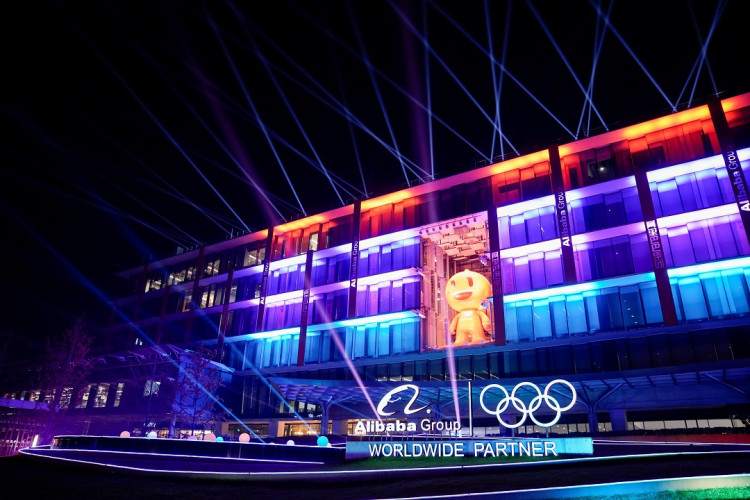This year's Double 11 in China is turning out to be the largest one yet. According to recently published data, Chinese consumers spent a total of $1 billion in the first minute of Alibaba's Singles' Day shopping festival. After just 30 minutes, the total amount that was collectively spent reportedly exceeded $10 billion.
The figure recorded in the first 30 minutes of the sale is about a third of the final amount spent during the one-day shopping festival last year, which reached around $30.8 billion. Chinese consumers added various items to their carts this year, including consumer electronics, luxury clothing, food items, and even entire vehicles.
The number of sales recorded during each year's sale has become somewhat of a barometer on China's economy. Various markets will likely be closely watching this year's figures as they try to determine the state of China's economy and consumer sentiment amid its 16-month trade war with the United States.
Alibaba's shopping event, which is also being celebrated by other e-commerce platforms, falls on November 11 every year. The so-called Double 11 event is currently the world's largest one-day shopping event, eclipsing the United States' Black Friday sale and Amazon's Prime Day shopping event. The term "Single's Day" was derived from the event's day, which is written numerically as 11/11.
The event, which was originally launched for Alibaba's Tmall and Taobao platforms, is also taking place on the company's international platforms. This includes its business-to-business platforms such as AliExpress and Lazada, which are available in various languages throughout dozens of countries around the world.
Apart from Alibaba, other platforms that participate in the one-day shopping event include rivals such as Pindoudou and JD.com. The other platforms have however rebranded the event to suit their own marketing styles.
This year, countries that saw the most number of buyers outside of China included the US, the UK, Japan, and Australia. In China, the most number of transactions recorded were from major cities such as Guangdong, Jiangsu, Shanghai, Shandong, and Zhejiang.
Sales numbers were recording through Alibaba's own metric, called its gross merchandise volume (GMV). The metric includes the total value of orders settled on its various platforms through Alipay and other payment methods on a real-time basis over a 24-hour period. The metric also includes all shipping charges that were paid by customers.
During its opening, GMV numbers breached the $1 billion mark in the first minute. The number then ballooned to over $8.16 billion in just over 17 minutes, before finally hitting $10 billion in under 30 minutes.






